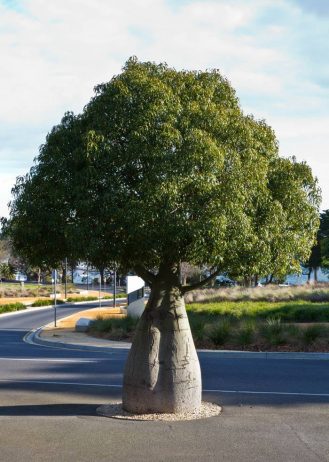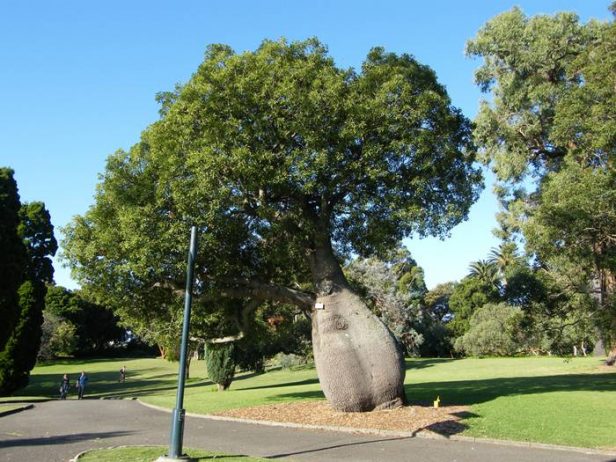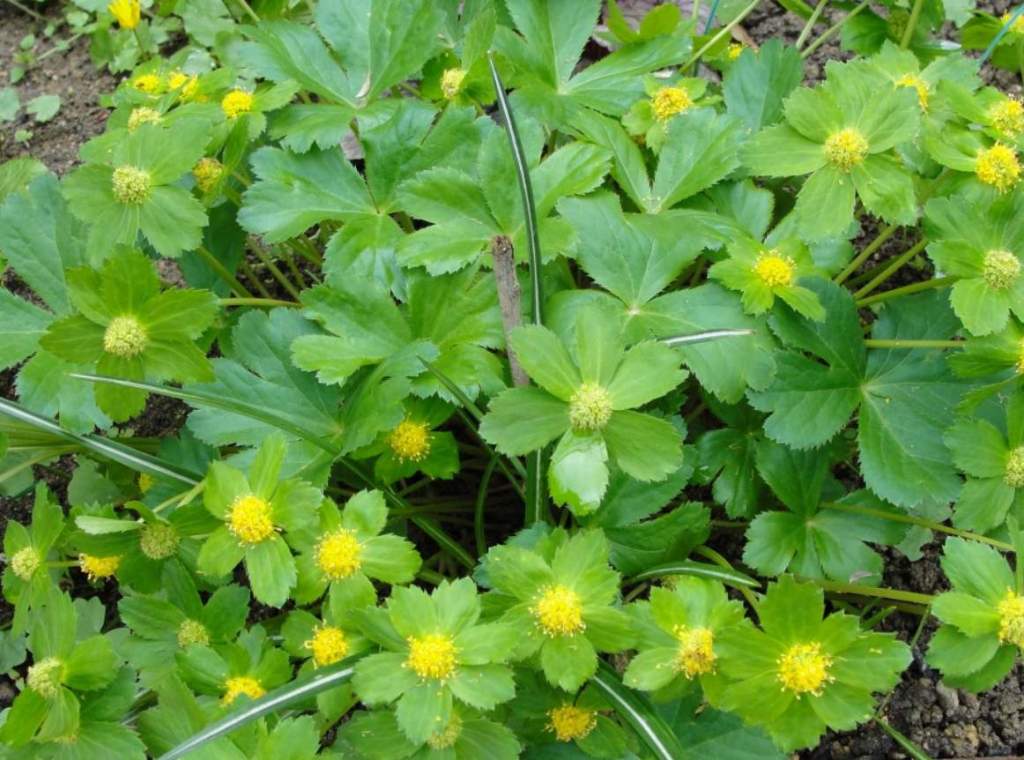Read More: Angel Oak – 1500 Years old Tree in South Carolina
/ month
placeholder text
Post List
Editor's Picks
Athirappilly Falls – The Niagara Falls of India
Marvel at Athirappilly Falls is one of India's biggest cascades, emerging...
Colorful Cave Underneath The City of Yekaterinburg in Russia
Probably you may have heard about the colorful cave...
Eco-Friendly Hobbit Hole Homes built in Three Days only
Beautiful Eco-Friendly Hobbit Hole Homes can be built in...
Stunning Igloo Hotel with Private Pools
Stunning Igloo Hotel with Private Pools, Mountain Saunas, and...
Anaemia is much more susceptible condition in women than men
Iron deficiency (dietary) anaemia is by far the most...
How Long Do Shipping Containers Last As A Home? All Your Questions Answered
How Long Do Shipping Containers Last As A Home?...
Benefits of Getting a Leadership Coach
Benefits of Getting a Leadership Coach
Leadership coaches can be...
The Marvelous Engineering Feat Tehachapi Loop
The 1.17 km long Tehachapi Loop is an iconic...
Niulanjiang Waterfall – The Largest Man-Made Waterfall in Asia
No doubt Niulanjiang Waterfall is absolutely a natural wonder...
Don't Miss
Black Falcon (Falco subniger)
Family: The black falcon (Falco subniger) is a medium-sized falcon...
Aquatic Warble “Acrocephalus paludicola”
Aquatic Warbler is medium size bird about 12.5 cm...
Lake Bumbunga: Breathtaking Pink Lake in South Australia
Lake Bumbunga is a salt lake in the Mid...
Grey-headed Honeyeater Call
Grey-headed Honeyeater call is single chek, chek in-flight; weak...
The Amazing Lakes of Badain Jaran Desert
The Lakes of Badain Jaran Desert mainly occupy parts...
Dutch Owl Loves to Land on the Head of Local Residents
A naughty unusual Dutch owl has supported the small...
How To Travel with Your Vape Pens: A Complete Guide
Vape pens are a critical part of life, especially...
Brush Wattlebird (Anthochaera chrysoptera)
Habitat: The beautiful brush wattlebird (Anthochaera chrysoptera) lacks the...
Charismatic Planet © 2024 . All Rights Reserved.















